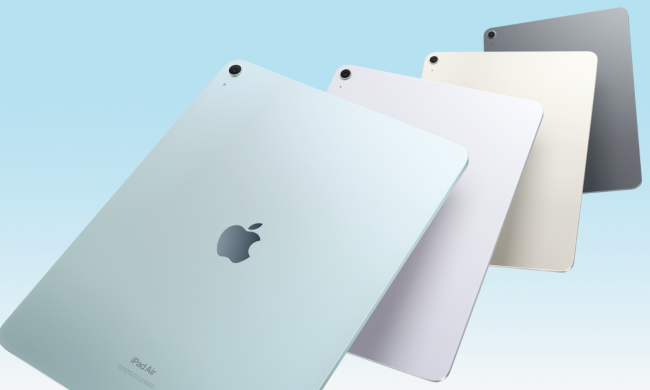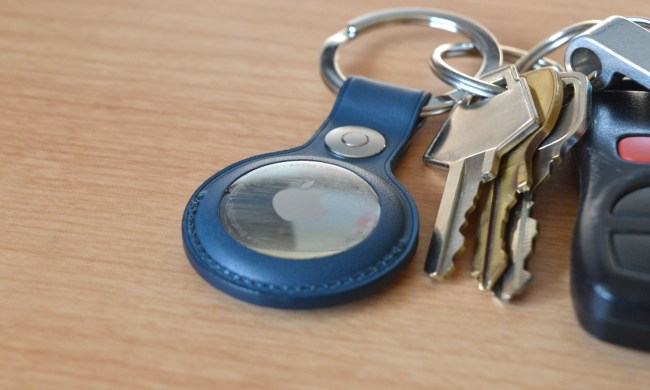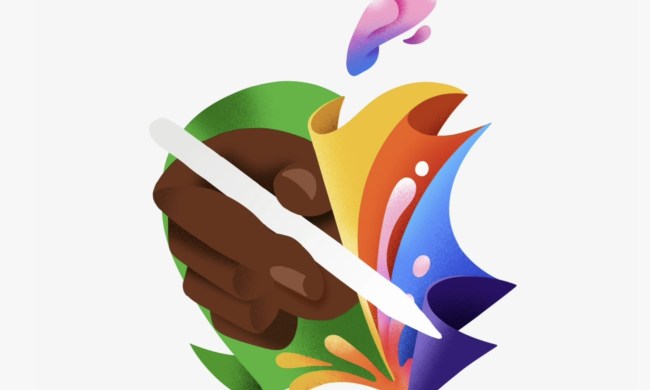Apple has announced and released a new AirTags tracker app for Android called Tracker Detect. This has been done to resolve one of the privacy issues inadvertently introduced with AirTags earlier this year — the ability to track someone without their knowledge. Once it was installed and a scan was initiated, the app was able to highlight unknown AirTag trackers nearby, essentially revealing the location of strangers and opening the door for planting an AirTag on someone without their knowledge to keep tabs on them.
AirTags were released earlier in the year as a rival to Tile and other Bluetooth trackers. They leveraged Apple’s Find My network to help users track lost items by communicating with a combination of Bluetooth and Ultra Wideband. Unlike Tile trackers, they could also be used to geolocate lost items. However, AirTags also came with an unintended consequence: They could allow people to be tracked without their knowledge by simply tagging their clothes or personal property. Apple users would be protected against it as an iPhone running iOS 15 would be able to detect that an unknown AirTag was found moving with you, but that was not an option for Android devices.
“AirTag provides industry-leading privacy and security features, and today we are extending new capabilities to Android devices,” an Apple spokesperson said in a statement to CNET when commenting on the recent release. “Tracker Detect gives Android users the ability to scan for an AirTag or supported Find My-enabled item trackers that might be traveling with them without their knowledge. We are raising the bar on privacy for our users and the industry, and hope others will follow.”
Apple’s statement does strike us as a bit overgenerous. That someone could plant an AirTag on an Android device owner’s property without them being aware should have been a foreseeable outcome. To its credit, the company did update AirTags so that they would audibly notify you if they were on your person for over eight hours later than its initial three-day requirement. Raising the bar on privacy would have led to them launching the app and the AirTags simultaneously, rather than months later. The app also doesn’t passively scan for AirTags as iPhones do, making it more of a Band-Aid than a viable solution.
Alongside the Apple Tracker, Apple also unveiled iOS 15.2, complete with a new Privacy Dashboard, safety features for the Messages app, and bug fixes for iPhone 13 owners.



